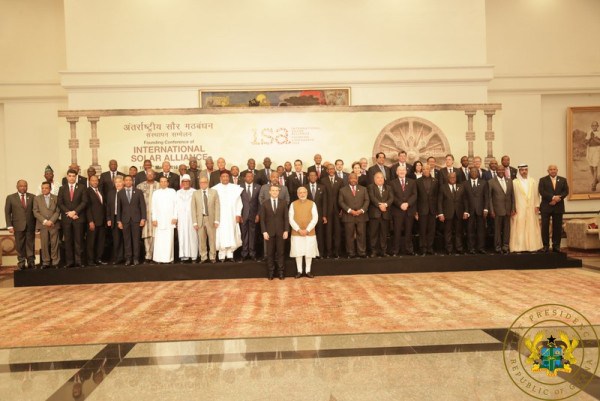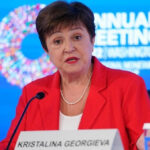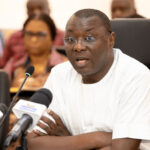The President Nana Addo Dankwa Akufo-Addo, has reiterated government’s commitment to increasing the contribution of the solar energy to the country’s energy-mix. He noted that solar energy contributes only 1% to the energy mix, as opposed to 59% from fossil fuels, and 40% from hydro in the country.
Speaking at the Founding Conference of the International Solar Alliance, held in New Delhi, the President said in keeping with Ghana’s commitment under the Paris Agreement, there are some solar energy programmes for implementation by 2030, and hopes to attain utility-scale solar electricity from about 22.5 megawatts to 250 megawatts. “On the basis of my country’s specific needs, Government is keen on developing utility-scale solar energy projects, as well as accelerating the development of mini-grid solutions in off-grid and island communities for lighting, irrigation and other economic activities,” President Akufo-Addo explained.
The President revealed that 200,000 solar systems for households, commercial and government facilities in urban and selected non- electrified rural communities will be installed, as well as the establishment of 55 mini-grid electrification systems with an average capacity of 100 kilowatts. These systems, he indicated, will be based on solar PV technology, which will be hybridized with other generation options to serve islands and off-grid communities.
President Akuffo-Addo said, relevant domestic capacity building will be undertaken in the manufacture and assembling of solar energy systems and accessories to enable the country achieve its targets. This according to him will help create job opportunities for youth.
He said his government is keen on building the most business-friendly environment for investment, especially in the renewable energy sector.
President Akufo-Addo noted that “the establishment of the International Solar Alliance, in our view, is very appropriate in today’s circumstances and for the objectives of the International Solar Alliance to become a reality, Heads of State and Government needs to ensure the satisfactory performance of the ISA Framework Agreement.
The Summit, which was attended by 25 Heads of State and Government, provided a dedicated platform for co-operation amongst solar resource rich countries, aim at realising “the common goals of increasing the use of solar energy in meeting the energy needs of ISA member countries in a safe, convenient, affordable, equitable and sustainable manner.”












